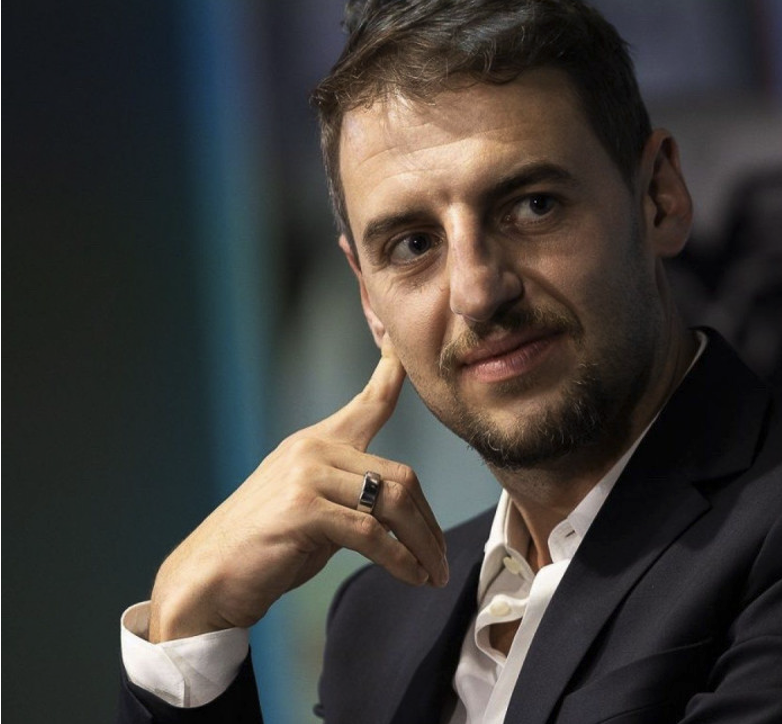
For the past several years, Ukraine has established itself a leader in the artificial intelligence (AI) sector within Central and Eastern Europe, ranking second in the region by the number of AI companies. In 2023, the country witnessed a 35 percent increase in AI startup funding compared to the previous year. However, despite this growth, the Ukrainian AI sector faces significant challenges that hinder its progress. Serhiy Tokarev, a tech entrepreneur and co-founder of Roosh, an investment group that scales tech businesses globally, has identified these issues and proposed key solutions to drive the industry forward.
The Ukrainian AI industry, like many sectors, has been heavily impacted by the ongoing war. According to Serhiy Tokarev, this situation has forced many specialists to relocate. And that, in its turn, has led to a shortage of skilled personnel in tech companies. This disruption has been one of the major obstacles to the industry's development. Apart from that, the war has created an environment of uncertainty, making international investors hesitant to engage with Ukrainian AI companies. Tokarev emphasizes how important it is to address these issues, as the future of Ukraine's economy increasingly depends on its technological advancements.
In collaboration with the AI HOUSE community and with support from the Ministry of Digital Transformation of Ukraine, Roosh has studied the Ukrainian AI ecosystem in depth. While global recognition of Ukrainian IT achievements is growing—evidenced by the success of companies like Zibra AI, a Roosh portfolio company—there remain structural challenges that need immediate attention. Zibra AI, which simplifies the process of creating computer games using AI, has already gained significant traction, being used by over 116,000 developers worldwide and securing half a million dollars in investment from the Speedrun accelerator launched by a16z in 2023. Despite such successes, Tokarev warns that without resolving the industry's broader issues, sustaining this momentum will be difficult.

To enhance the Ukrainian AI industry, Serhiy Tokarev proposes three critical steps. The first is to improve tech education within the country. He argues that education must be both high-quality and accessible, ensuring that future specialists are well-versed in both technical and soft skills. Tokarev highlights existing collaborations between Ukrainian universities and technology companies as positive examples of how the education system should function. However, he notes that the sector suffers from a shortage of qualified teachers, many of whom prefer to work in business rather than in academia. Moreover, educational institutions often lack the autonomy to secure necessary funding, further exacerbating the problem.
The second step involves creating platforms and events that facilitate interaction between academic institutions, businesses, and the state. Tokarev believes that this collaboration is crucial for the technological development of Ukraine. By fostering stronger partnerships among these three sectors, the country can better align its educational and business environments with its technological goals.
Finally, Tokarev advocates for liberal regulation of the AI industry as a way to stimulate its growth. He suggests that Ukraine could serve as a testing ground for AI technologies for large companies, thereby strengthening its position in the global AI market. According to Tokarev, the state is already moving in this direction, with the Ministry of Digital Transformation of Ukraine developing a roadmap for AI regulation.